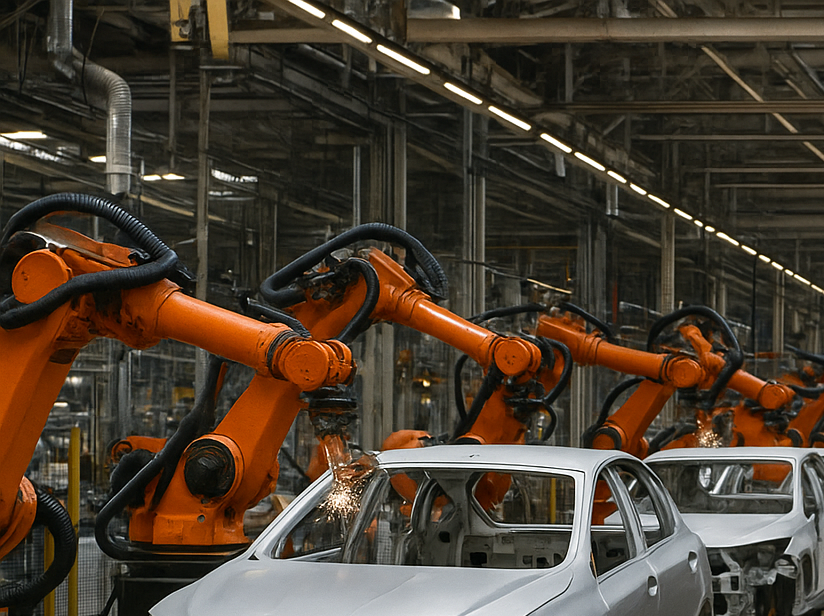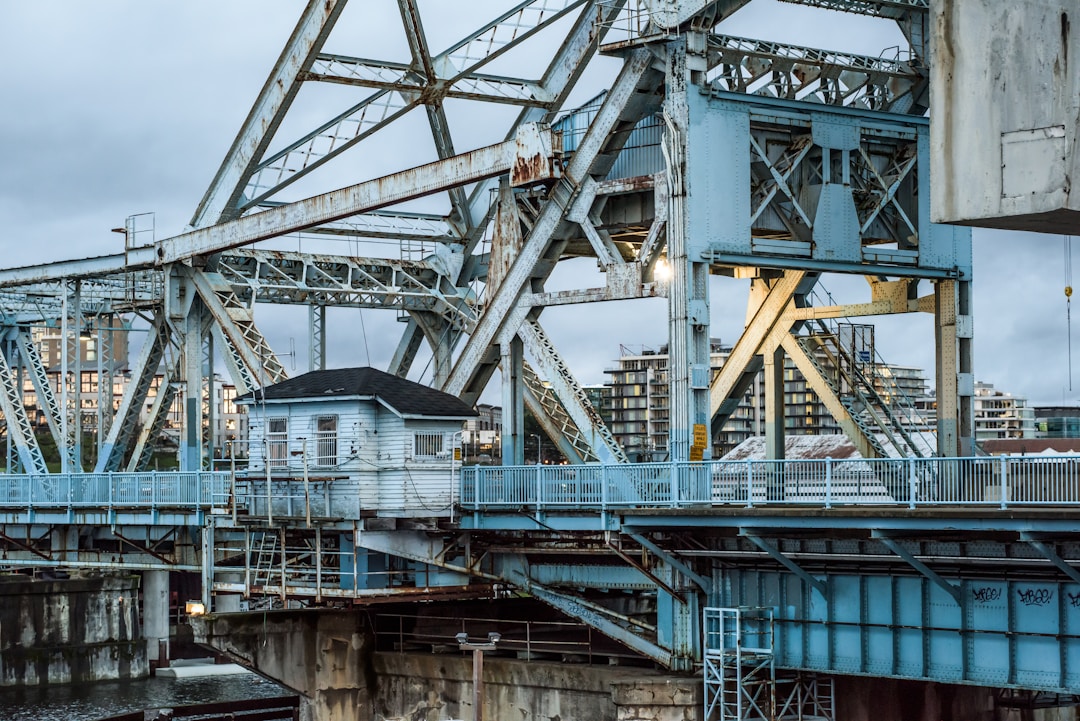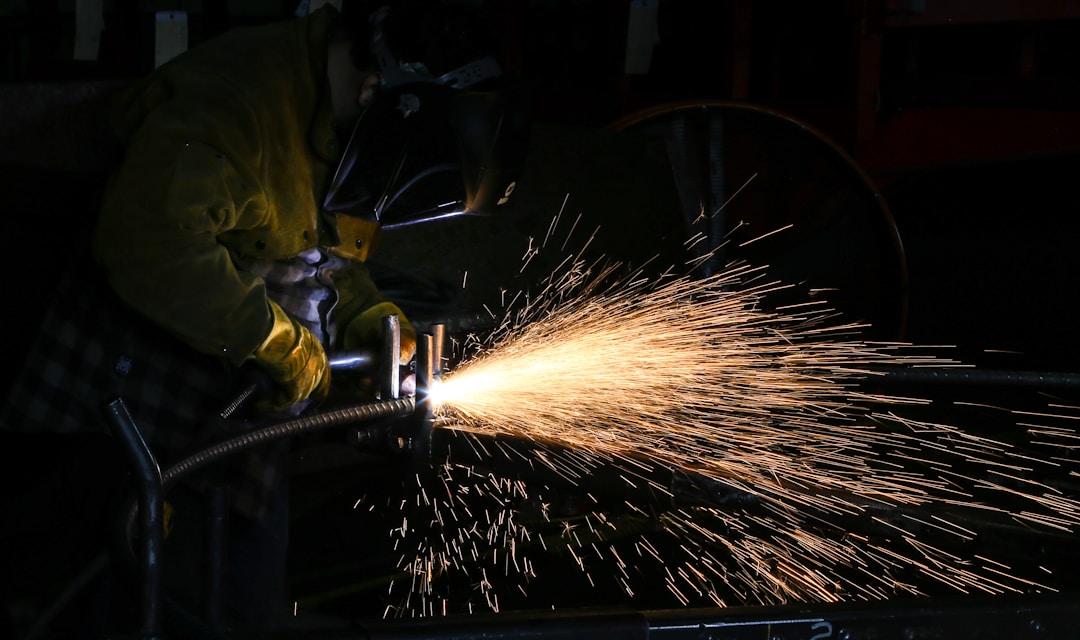How should China's steel industry respond to the challenge of trade protectionism?
2025-04-16
In the face of the challenge of trade protectionism, China's steel industry needs to work together at the three levels of government, industry associations and enterprises to achieve sustainable development through policy support, coordinated guidance and self-capacity improvement. The specific measures are as follows:
Government level
Strengthen policy support: Increase investment in research and development innovation in the steel industry, encourage enterprises to carry out technological transformation and upgrading, and improve product quality and added value, such as setting up special research and development funds to support enterprises in developing high-end steel products. At the same time, implement tax incentives to reduce the burden on steel companies, such as tax exemptions for companies that meet environmental protection standards and technological innovation requirements.
Promote trade negotiations: Actively participate in the formulation of international trade rules and strive for a fairer trade environment through multilateral and bilateral trade negotiations. For example, under the framework of the World Trade Organization, promote trade liberalization and facilitation and oppose trade protectionist measures. Strengthen trade cooperation with countries along the "Belt and Road" and other emerging market countries, and reduce trade barriers and expand the export market of steel products through signing free trade agreements.
Industry association level
Strengthen industry self-discipline: Regulate the export behavior of steel companies, avoid unfair competition such as low-price dumping, and maintain the export order of the industry. Establish an industry export price coordination mechanism to guide enterprises to set reasonable prices and prevent trade frictions caused by vicious price competition.
Provide information services: timely collect and publish information on international market trade policies, technical standards, etc., and provide consultation and guidance to enterprises. For example, establish a trade barrier early warning mechanism to promptly inform enterprises of the dynamics of foreign trade protectionism measures and help enterprises prepare for response in advance. Organize enterprises to participate in international steel industry exhibitions and forums, strengthen exchanges and cooperation with international peers, and expand international market channels.
Enterprise level
Improve product quality: increase R&D investment, cultivate high-quality R&D talents, strengthen cooperation with scientific research institutions, and jointly carry out technology research and development. For example, establish an industry-university-research cooperation and innovation alliance to overcome key technical difficulties in the production of high-end steel products, develop high-value-added products, meet high-end market demand, reduce the export of mid- and low-end products, and reduce the impact of trade protectionism on enterprises.
Expand diversified markets: On the basis of consolidating traditional markets, actively explore emerging markets. In-depth understanding of the demand characteristics and trade rules of different markets, and formulate targeted market expansion strategies. For example, in response to the infrastructure construction needs of countries along the "Belt and Road", develop steel products suitable for local engineering construction. At the same time, implement a market diversification strategy to reduce dependence on a single market and disperse trade risks.
Strengthen international cooperation: Establish production bases and sales networks overseas through foreign investment, mergers and acquisitions, etc., realize localized production and sales, and avoid trade barriers. For example, Chinese steel companies can cooperate with local companies to produce and sell steel products by taking advantage of local resources and policy advantages. Actively participate in the formulation of international steel industry standards, improve the right to speak in the formulation of international standards, and make international standards more conducive to the development of Chinese steel companies.
Improve response capabilities: Enterprises should strengthen their study of trade rules and laws and regulations, and improve their ability to use trade relief measures to protect their own rights and interests. When encountering trade frictions, they should actively respond to lawsuits, unite industry forces, hire professional lawyer teams, provide strong evidence and defense, and safeguard the legitimate rights and interests of enterprises.
RELATED BLOG







